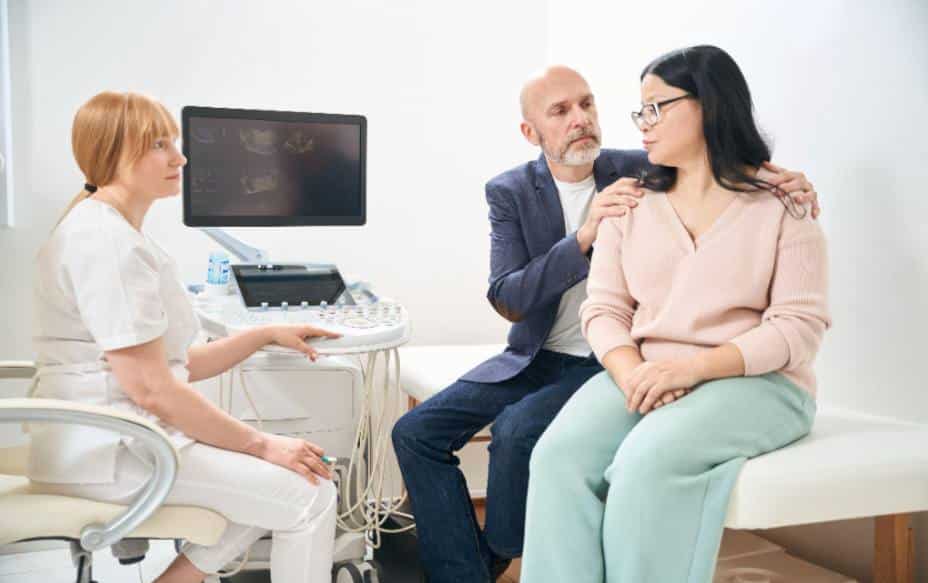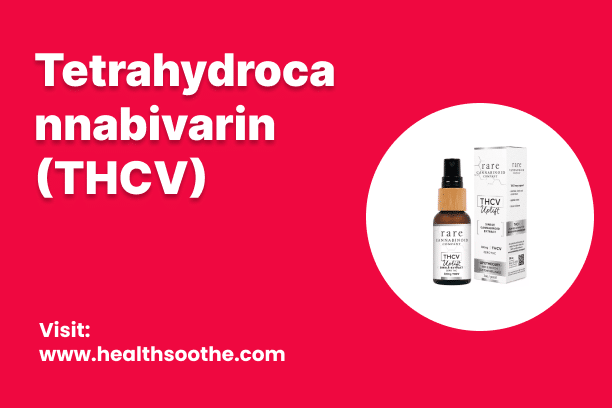Gastric cancer presents a significant health challenge globally, with varying rates across different geographies. Characterized by the growth of malignant cells within the stomach's lining, this disease often remains undetected in its early stages due to non-specific symptoms such as nausea and indigestion. The complexity of gastric cancer necessitates a multidisciplinary approach to treatment, ranging from conventional methods like surgery, chemotherapy, and radiation to more recent advancements such as targeted therapies and immunotherapy.
Technological innovations, including artificial intelligence in diagnostic processes and telemedicine for patient follow-up, enhance patient outcomes. Moreover, ongoing research into genetic profiling and international collaborations highlights gastric cancer’s dynamic and evolving landscape. Support systems for patients and their families are also integral to the treatment process, emphasizing the importance of holistic care approaches. In this guide, Sam Yoon explores various aspects of gastric cancer, from basic understanding and current treatments to technological impacts, research trends, and patient support mechanisms.
Gastric Cancer Basics
Gastric cancer, commonly referred to as stomach cancer, ranks among the more severe cancers, often unnoticed until it progresses to advanced stages. The disease is distinguished by the growth of cancerous cells within the stomach lining. Statistics indicate a higher prevalence in certain parts of the world, such as East Asia, Eastern Europe, and parts of South America, primarily attributed to dietary factors and the prevalence of Helicobacter pylori. The initial symptoms might be easily overlooked because they often mimic less gastrointestinal severe problems—nausea, persistent indigestion, or a feeling of fullness after eating small amounts of food.
Diagnosis typically involves a combination of endoscopic exams and biopsy procedures, where samples of the stomach lining are examined for cancerous cells. This is supplemented by imaging tests like CT scans and PET scans, which help determine the extent of the disease and appropriate treatment planning. Early detection is crucial in improving the prognosis, emphasizing the importance of awareness and timely medical consultation. Understanding these is essential for those at risk and broader groups, as it underscores the importance of early intervention and the subtle signs that should not be ignored.
Current and Emerging Treatments in Gastric Cancer Care
The landscape of gastric cancer treatment has traditionally been dominated by surgery, chemotherapy, and radiation. These treatments, while effective for many, come with significant side effects and vary in success depending on the cancer's stage and the patient's overall health. Surgery often involves the partial or total removal of the stomach, which can lead to a challenging recovery and a significant lifestyle change.
In recent years, promising developments in targeted therapy and immunotherapy have been noticed, which aim to improve outcomes and reduce side effects. These therapies are designed to attack specific cancer cells without harming normal cells, reducing damage to the body’s overall health. Minimally invasive surgical techniques are also becoming more prevalent, offering patients shorter recovery times and less postoperative pain. Such advances are crucial as they provide options tailored to individual patient needs, potentially improving survival rates and quality of life.
Technological Innovations Impacting Care
Technological advancements in gastric cancer diagnosis and treatment are setting new standards. Artificial intelligence (AI) and machine learning are at the forefront, analyzing vast amounts of data to predict patient outcomes, personalize treatment plans, and even assist in robotic surgeries. These tools help achieve precision in treating gastric cancer, which is crucial for adequate care.
Telemedicine also plays a pivotal role in follow-up care and managing the side effects of treatment. It allows for continued communication between patients and healthcare providers, ensuring that any complications are addressed promptly. This is particularly beneficial for patients in remote areas or those who have difficulty accessing specialized care facilities. These technologies make the approach to gastric cancer care more refined and accessible.
Case Studies and Outcomes
Advances in gastric cancer treatment can be better understood through real-world cases where innovative therapies have significantly impacted survival rates. One notable case involved the use of combination therapy, where both chemotherapy and targeted drugs were used to treat a patient with advanced-stage gastric cancer. This resulted in substantially extended life expectancy and improved quality of life.
Exploring the Future of Gastric Cancer Research
The future of gastric cancer research is promising, with numerous studies underway to uncover new treatments and diagnostics. Researchers are particularly enthusiastic about the potential of genetic profiling to yield personalized treatment plans that are finely tuned to the genetic makeup of an individual’s cancer. This approach could revolutionize treatment efficacy. Additionally, there is an ongoing emphasis on collaborative international research, which pools resources and expertise to tackle the complex challenges gastric cancer presents.
Supporting Patients and Families
Navigating gastric cancer treatment is a profound challenge for patients and their families. Recognizing this, healthcare providers emphasize the importance of comprehensive support services. These include nutritional counseling, mental health support, and patient education programs designed to help families understand treatment options and manage the care with daily challenges. Such support is crucial, as it enhances the overall treatment experience and helps patients maintain their quality of life through the difficult phases of their condition.








